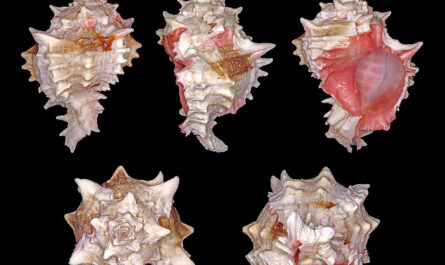A recent study conducted by researchers from the Technical University of Munich (TUM) and the Universitätsklinikum Regensburg (UKR) has found that certain combinations of gut bacteria can protect stem cell transplant patients from immune reactions, such as graft versus host disease (GvHD). GvHD occurs when the donated immune cells attack the patient’s body after transplantation, making it a common complication in stem cell transplant procedures. However, the study highlights that the presence of specific microbes in the gut can significantly reduce the occurrence of GvHD, leading to potential advancements in the management and prevention of immune reactions.
Stem cell transplants are a life-saving treatment option for patients with diseases like leukemia. Unfortunately, around half of these patients experience graft versus host reactions, in which the donated cells attack the patient’s body, particularly in the digestive tract. The study conducted by Dr. Erik Thiele Orberg and his team at TUM’s Klinikum rechts der Isar, along with Prof. Hendrik Poeck and Dr. Elisabeth Meedt from UKR, aimed to understand the role of gut bacteria in the development of GvHD and identify a protective composition of the microbiome.
Based on the analysis of stool samples from 78 patients at TUM and UKR over a span of two years post-transplantation, the researchers developed a risk index that predicts the likelihood of a rejection reaction. Instead of focusing on bacterial counts, the study looked at the levels of specific metabolites produced by the gut bacteria. These immuno-modulatory microbial metabolites (IMMs) were found to influence the immune system and the body’s regenerative capacity, ultimately impacting the occurrence of GvHD. Moreover, the study revealed that not only bacteria, but also viruses in the gut, known as bacteriophages, play a role in protecting against immune reactions.
Patients with a lower risk index for IMMs had a higher chance of survival, experienced fewer graft versus host reactions, and had lower rates of relapse. The metabolites were primarily produced by bacteria from the families Lachnospiraceae and Oscillospiraceae, in combination with bacteriophages. These findings shed light on the complex nature of the gut microbiome and its impact on immune responses.
Going forward, the researchers plan to utilize their findings to improve patient outcomes. They aim to manipulate and control the composition of gut bacteria and bacteriophages through fecal microbiota transplants, ultimately preventing graft versus host reactions and reducing relapse rates. Initial experiments on mice have been successful, paving the way for potential clinical trials in human patients.
The ability to deliberately establish a protective composition of the gut microbiome could revolutionize the field of stem cell transplantation. By understanding and modulating the interaction between gut bacteria, bacteriophages, and the immune system, researchers hope to improve the overall success rates of stem cell transplants and reduce the risk of immune reactions. These advancements have the potential to save the lives of numerous patients who require stem cell transplantation as a treatment option for various diseases.
*Note:
1. Source: Coherent Market Insights, Public sources, Desk research
2. We have leveraged AI tools to mine information and compile it



